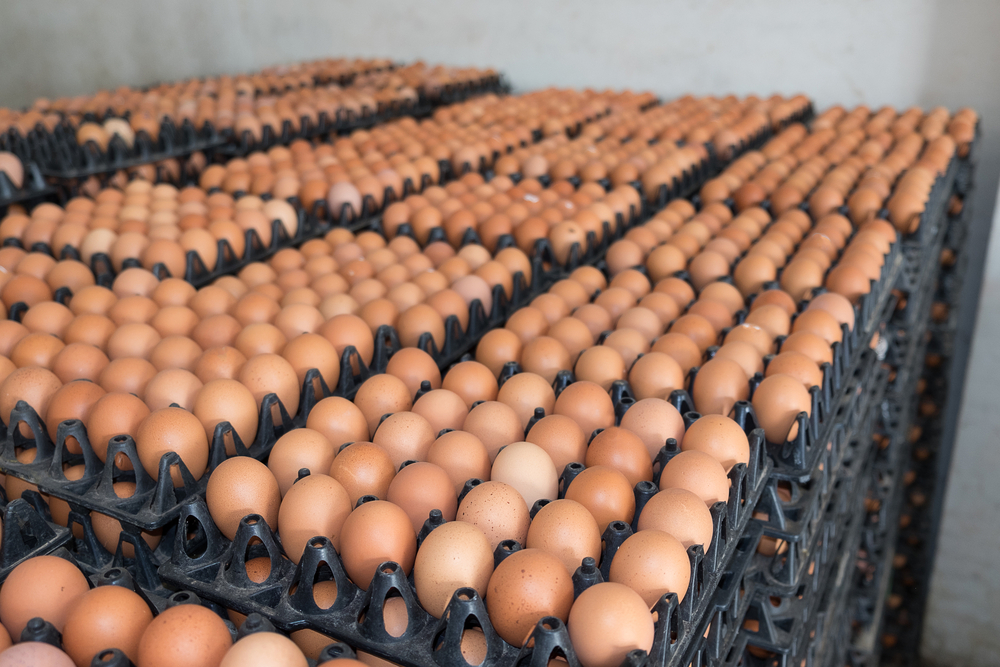According to a 2020 report by the Reusable Packaging Association, the global packaging market reached an estimated $950 billion in value, with $200 billion of this market considered transport packaging — half of which can be deemed reusable. The demand for reusables can be attributed to a combination of factors including regulations, public concern for the environment, scarcity of raw materials, automation, and economic circumstances. In practice, reusable and recyclable packaging and shipping platforms can help create a better future for the planet and a stronger bottom line for businesses.
Most reusable packaging and shipping containers come in the form of pallets, crates, containers, totes, boxes, and returnable plastic containers (RPCs). Among the major benefits of using reusable packaging is enhanced safety, particularly for workers and products.
Safety Benefits for Workers
- Automation friendly: Highly precise specifications are required for most automated material handling systems, such as those that pair with plastic pallets — which don’t shrink or expand in the presence of moisture or temperature changes. This alleviates the need for workers to move the goods on their own, inherently making the process safer.
- Better ergonomics: Handheld containers made with plastics are designed to make handling and stacking easier. This helps workers to avoid injury when moving goods throughout warehouses and fulfillment centers. Certain materials, such as plastics, are also typically lighter in weight than alternatives.
- Nonporous: Plastic materials are less likely to expand than wood materials. When wood expands, it can lead to damages, splinters, and exposed nails which put workers at risk. Debris of any type on the warehouse floor can lead to serious accidents.
Safety Benefits for Products
- More Sanitary: Plastics are easy to clean and sanitize. Perishable items such as food and beverages can leak into porous materials, disrupting the supply chain and compromising products during transport. Reusable packaging also protects food from moisture and other external factors, which lengthens shelf life.
- Greater Durability: Reusable packaging is typically more durable and does a better job of reducing damage to products during transport. Plastics reduce product damage and food waste. In 2021, Costco reduced food waste by 9 million eggs annually by switching to plastic egg cartons.
Safety Benefits for the Planet
- Less Solid Waste in the Waste Stream: Just one piece of reusable packaging can prevent hundreds of single-use items from entering the landfill, reducing solid waste by up to 86%.
- Less Wood and Plastic in Landfills and Waterways: Every year, 8 million metric tons of plastic goes into the ocean. Implementing plastic recycling and the use of reusables within the supply chain serves as a counter to this problem, preventing single-use plastics from entering our waterways. Increased use of recyclable shipping platforms also means fewer broken, discarded wood pallets ending up clogging landfills.
- Lowered Greenhouse Emissions: Utilizing reusable packaging rather than manufacturing or recycling single use packaging reduces greenhouse gas emissions by up to 60%. In addition, plastic pallets are up to 35% lighter than multi-use wood pallets and require less fuel for transport, which greatly reduces their environmental impact.
Reusable Plastic Pallets for Worker and Product Safety
Reusable plastic pallets are ergonomic, lightweight, automation-friendly, and sanitary. Pallets are the most common form of reusable packaging for transport, and for good reason. Plastic pallets such as those made by iGPS are precisely engineered to provide a safer, lighter, and more durable alternative to wood.
Companies committed to worker and product safety use plastic pallets from iGPS, which are lightweight, recyclable, and help streamline your supply chain. For more information, contact us at 1-866-557-0047, email switch@igps.net, or visit our contact page. We also invite you to follow us on LinkedIn.



